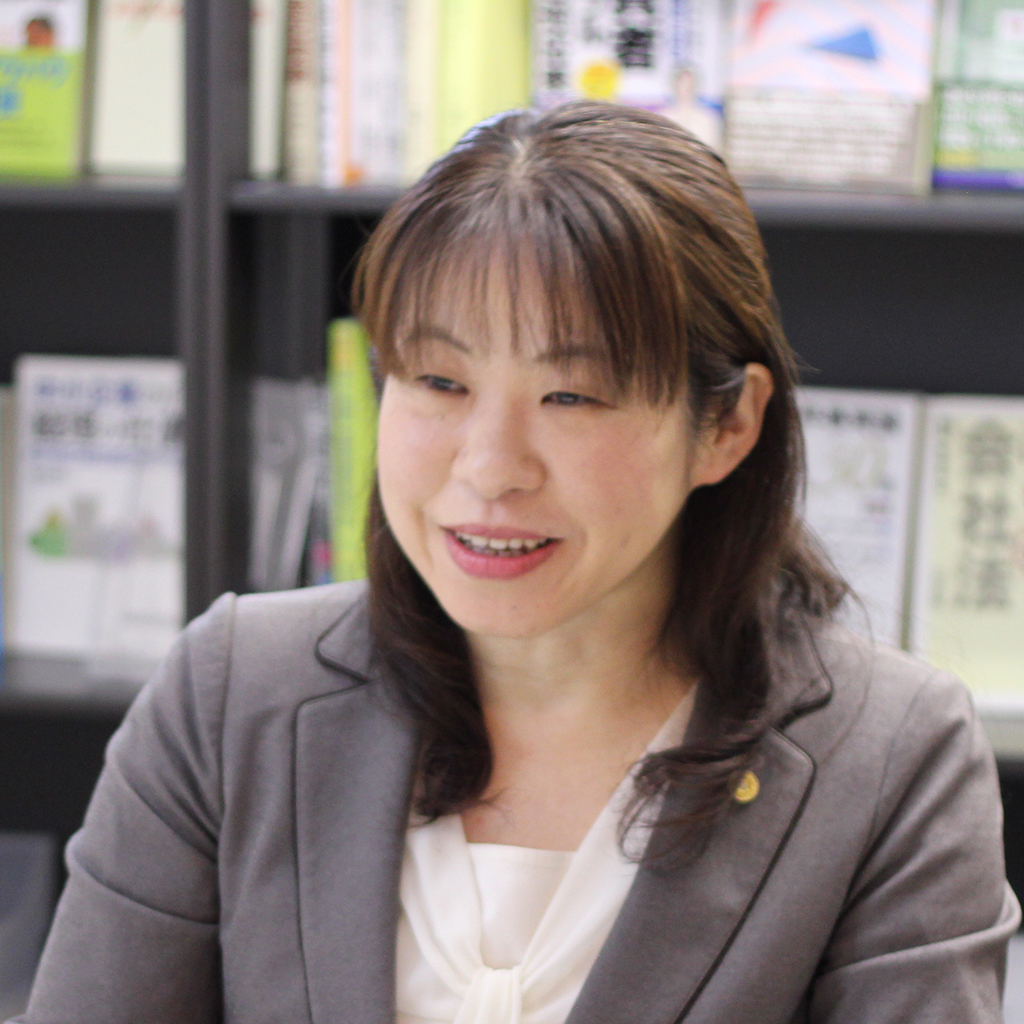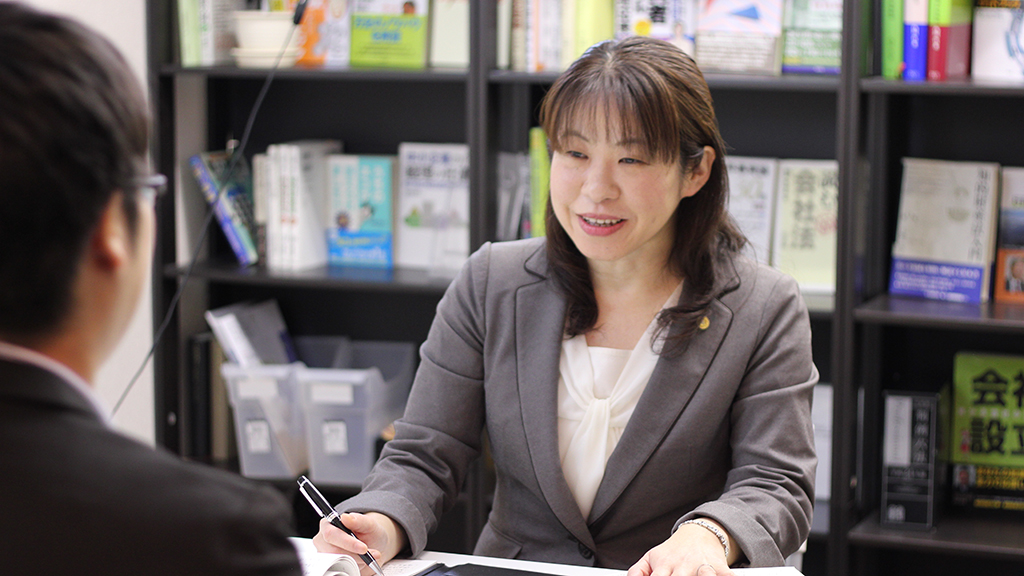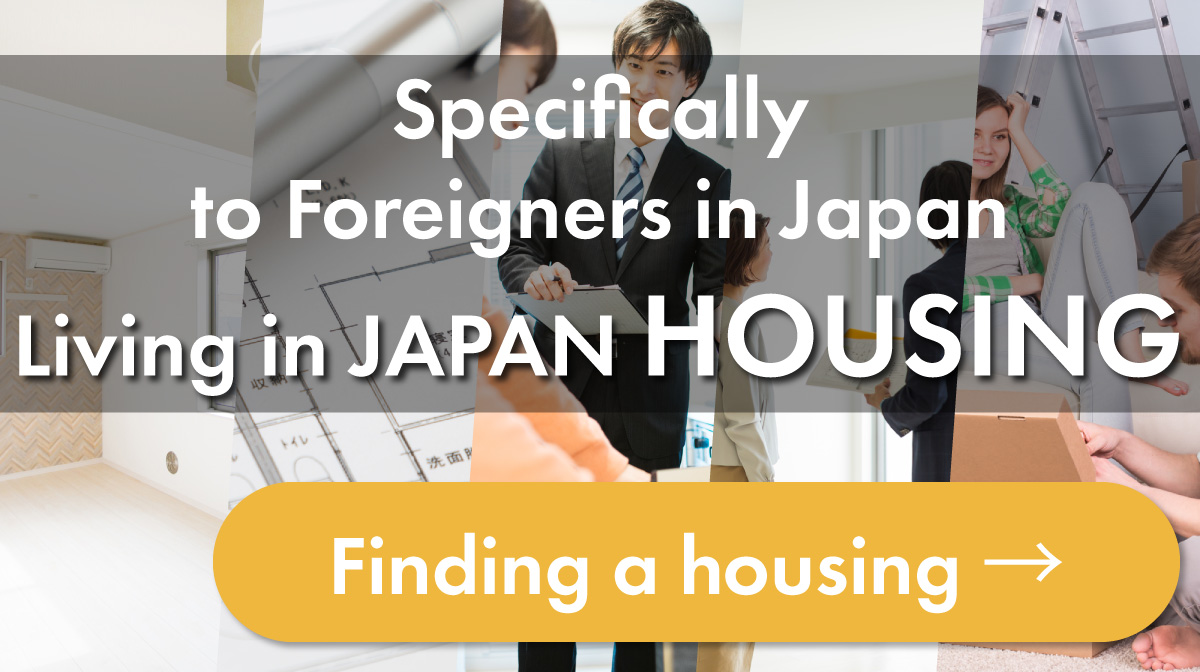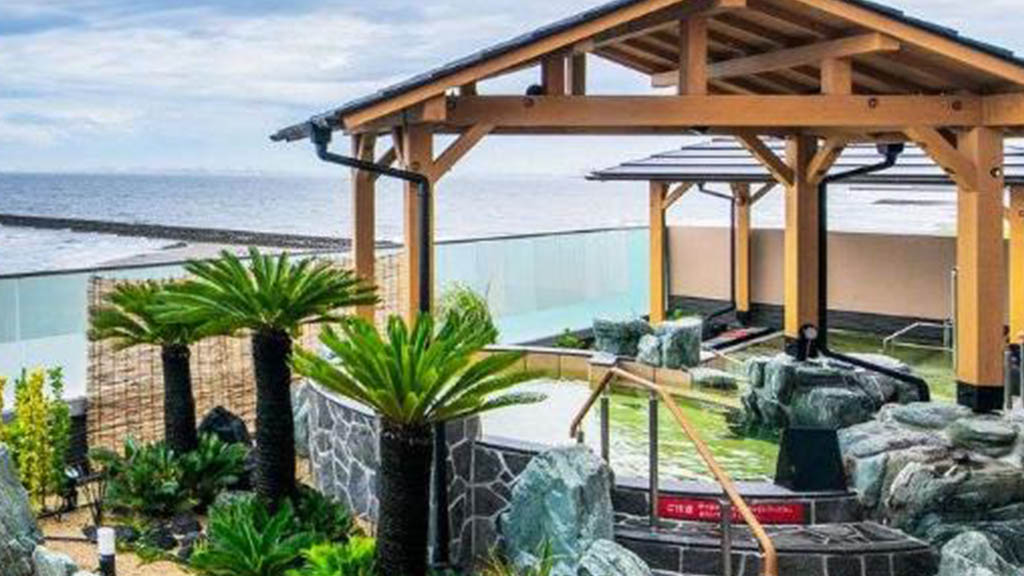29 Types of Status of Residence and Period of Stay
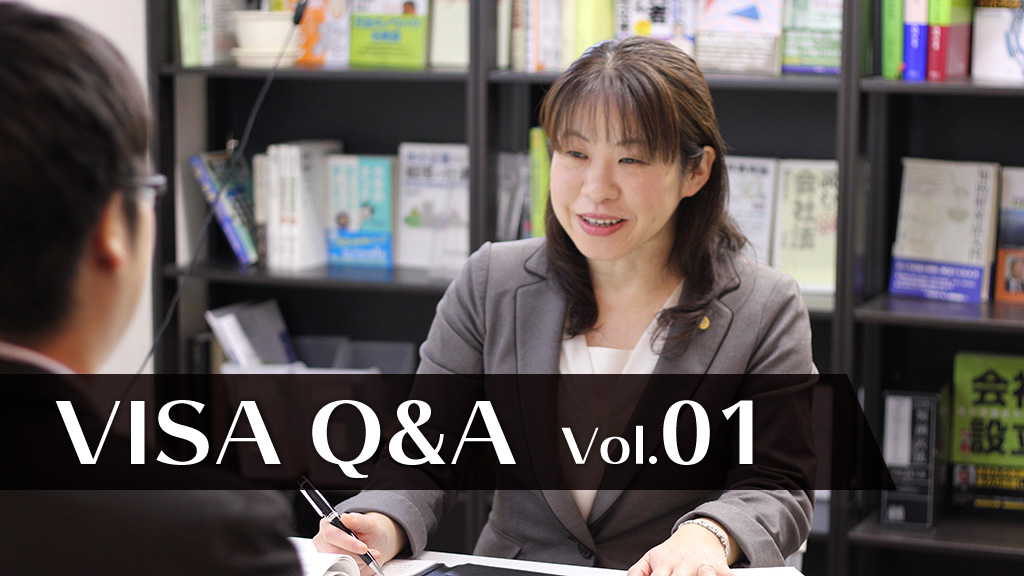
This post is also available in 日本語
We see a lot of foreigners on the street these days. It has become not strange to find young foreigners working at convenient stores and Japanese taverns (izakaya). There are 2.83 million foreigners living in Japan now. (ref. Immigration Services Agency of Japan) When they live in Japan, the “status of residence”, so called “VISA”, is an important issue.
Contents
29 classifications of status of residence
There are 29 classifications of the residency status currently in Japan.
Classifications according to activities (25 types)
| 1 | Diplomat, Official, Professor, Artist, Religious Activities, Journalist |
| 2 | Highly Skilled Professionals, Business Manager, Legal/Accounting Services, Medical Services, Researcher, Instructor, Engineer/Specialist in Humanities/International Services, Intra-Company Transferee, Caregiver, Entertainer, Skilled Labor, Specified Skilled Worker, Technical Intern Training |
| 3 | Cultural Activities, Temporary Visitor |
| 4 | Student, Trainee, Dependent |
| 5 | Designated Activities |
Classifications according to status and position (4 types)
| Permanent Resident, Spouse or Child of Japanese National, Spouse or Child of Permanent Resident, Long Term Resident *No limitation for activities engaged. |
All foreigners while living in Japan are required to obtain one of these 29 categories. If you don’t have any, then, it’ll be an “illegal stay” and you’ll be asked to leave Japan.
Furthermore, it is clearly determined on what are “can-dos” and “can’t-dos” in terms of activities to receive reward and income, depending upon which the category. For an instance, a person with a ‘Journalist’ category can only engage in the media activities, and a person with a ‘Caregiver’ category, only in nursing care work. Foreigners with a ‘Student’ and a ‘Dependent’ categories are basically not allowed to work, but they can work for 28 hours per week if they obtain a special permission called “permit to engage in activity other than that permitted under the status residence previously granted” , which permits them to work as part-time workers. (In case of ‘Student’ category, a work for up to 8 hours per day is permitted during a long-term holiday of a school.) What happens when you as a foreigner violate this rule? This also will cause you to be asked to leave Japan if you are recognized to have engaged in the ‘non-permitted activities’ excessively.
Permitted Period of Stay
Another thing you have to be aware of is the “period of stay.” It will be fixed when the status of residency comes with validity of one year, three years or five years. An extension (renewal of period of stay) can be granted when certain conditions are fulfilled, except for “technical training internship” and “specified skilled worker” etc. which have maximum period of stay. What if the period of stay has expired? This is very serious. You also will be asked to leave Japan due to overstaying. In this occurrence, you will not be allowed to come back to Japan for one, five or ten years, and in a worst case, indefinitely.
Summery
“Status of Residence” looks to be very serious and troublesome, doesn’t it? We have to be aware that foreign nationals live under these rules, which Japanese don’t have to.
Living in Japan VISA will help companies who want to hire foreign people and foreigners who want to work in Japan by introducing notary publics who are specialized in Residency Status to end up with “worry-free hiring and worry-free job.”
- If You Wonder What Should Give a Gift, This Is the Best Choice! Cool Packaged Handkerchiefs!
- Apply on UV Cream Without Getting Your Hands Dirty! Why not Have This Handy Puff?
- So Popular Character “Chiikawa” Cheers You Up! Improve Your Arched Back!
- If You Want to Improve Your Sleep Quality, You Should Change Your Pajamas! 3 Recommended Pajamas
- Conveniently 2-Way! This Product Is Useful in Both Summer and Winter.


